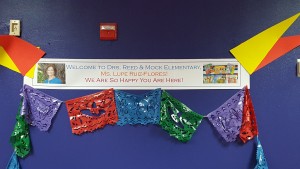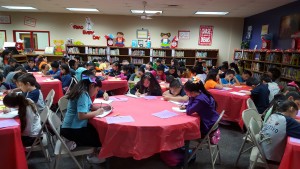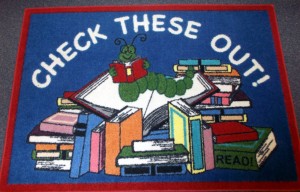Writing Historical Fiction – Since I like doing research and writing historical fiction, I found this post by author Kelly Kernel on the Publishers Weekly blog pretty interesting. The title of the guest post is, “The Impossible Task of Writing Historical Fiction.” Kerney wrote the book, Hard Red Spring, covering the entire 20th century in Guatemala’s history. She writes that it took her a decade to write this book. In the post, she writes:
“So, funny enough, covering a thousand years of history is not what turned out to be too much research. That, I needed. The over-research came in the details. The Writing God is a cruel god, indeed.
As maddening as this all sounds, the research is the easy part. What makes a coherent history does not necessarily make a compelling novel—and vice versa. But to succeed you have to somehow do both.”
If you’re into writing or reading historical fiction, the post above will be of interest to you.

SANTA CRUZ BEACH
Pockets Magazine submission guidelines. The magazine is accepting regular submissions plus contest submissions. Visit their link for more information.
[This one-inch picture frame on my desk] reminds me that all I have to do is to write down as much as I can see through a one-inch picture frame. This is all I have to bite off for the time being. – Anne Lamott





